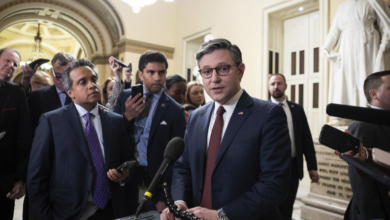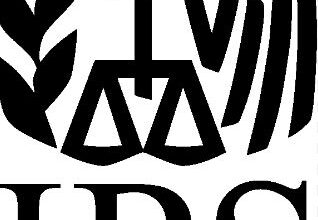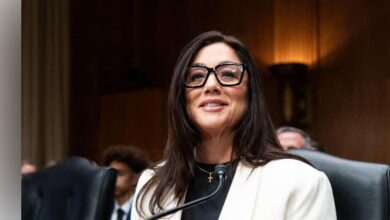Presidential Immunity Rejected: Appeals Court Clears Path for Lawsuits Against Trump Over January 6 Incitement

In a landmark decision, a three-judge panel of the U.S. Circuit Court of Appeals ruled that former President Donald Trump does not have presidential immunity from civil lawsuits accusing him of inciting the violent events of January 6, 2021. This ruling, issued on Friday, December 1, 2023, represents a significant development in the ongoing legal scrutiny surrounding the former president’s actions and rhetoric.
The panel decisively rejected Trump’s argument that nearly all speech and conduct by an incumbent president should be immune from lawsuits. The judges concluded that Trump’s actions as a candidate for president, specifically in relation to the events of January 6, would not automatically be protected by presidential immunity. This decision came as part of the court’s consideration of several lawsuits brought against Trump by members of Congress and injured police officers, accusing him of inciting violence that day.
Chief Judge Sri Srinivasan of the D.C. Circuit Court of Appeals highlighted a crucial distinction in the ruling, stating that campaigning for reelection does not constitute an official presidential act. This viewpoint challenges the conventional interpretation of presidential immunity and emphasizes the separation between the official duties of the presidency and political campaigning.
However, the ruling also leaves room for Trump to continue arguing that he was acting in his presidential capacity when addressing the crowd at the Ellipse on January 6. This aspect of the decision suggests that the debate over the boundaries of presidential immunity and the nature of official versus unofficial conduct is far from settled.
Significantly, this ruling could have implications for the federal criminal case where Trump is charged with attempting to subvert the 2020 election. It challenges his contention of immunity from prosecution in this case as well, where he has argued that his actions were connected to his official duties as president.
The appeals court, consisting of two Democratic appointees and one Republican appointee, did not determine Trump’s legal liability in the lawsuits. Instead, the decision upheld a lower court’s ruling that denied Trump’s initial bid to dismiss these suits. This approach reflects the court’s careful navigation of complex legal issues, including the extent to which Trump’s speech preceding the Capitol riot is protected by the First Amendment.
In the majority opinion, Srinivasan argued that a president who takes controversial actions at the edge of their powers is more deserving of immunity than one whose remarks blend politics and policy. This perspective underscores the nuanced considerations necessary in determining the scope of presidential immunity.
Judge Greg Katsas, a Trump appointee, also contributed an opinion emphasizing that speeches at political events are typically unofficial, though he acknowledged potential exceptions. He cited an example from President George W. Bush’s presidency to illustrate this point.
Conversely, Judge Judith Rogers, an appointee of President Bill Clinton, expressed skepticism about Trump’s claim of acting in an official capacity. She critiqued the notion of delaying litigation to allow Trump to gather evidence supporting his claim, suggesting that the president’s actions on January 6 did not constitute an official function of his office.
This ruling, eagerly awaited by legal experts and observers, marks a pivotal moment in the ongoing legal challenges facing Trump. It underscores the evolving legal landscape regarding presidential immunity and sets the stage for continued judicial examination of Trump’s actions surrounding January 6.





